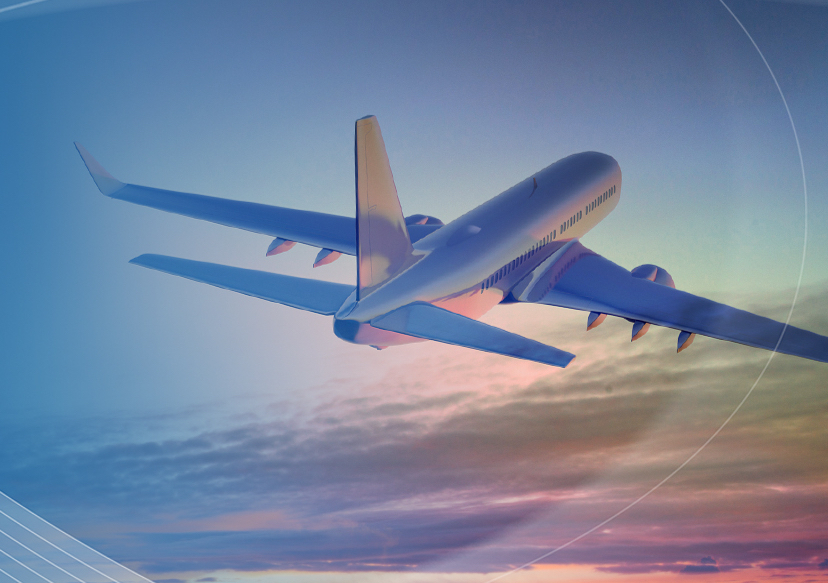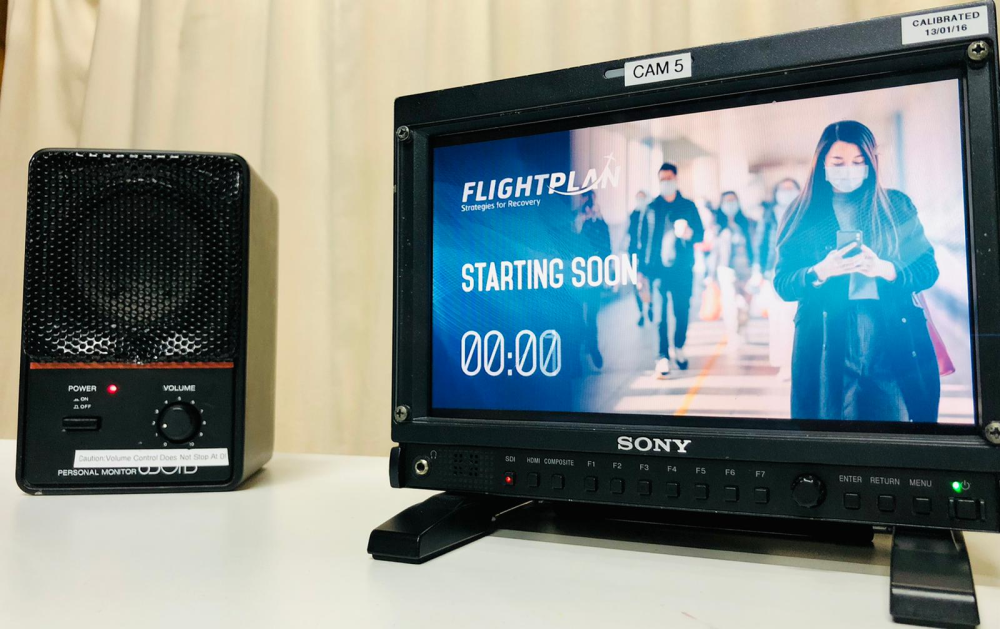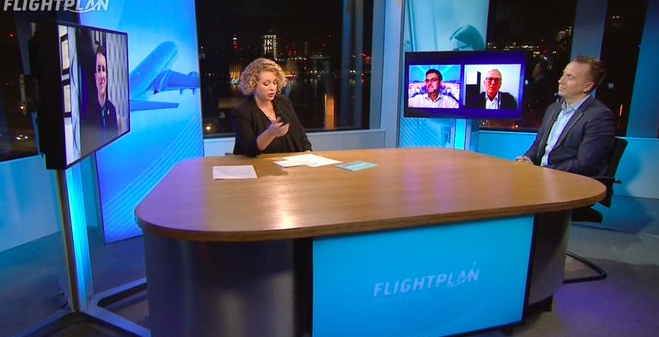Inmarsat unveils Passenger Confidence Tracker at November FlightPlan live event

Major industry players gathered on November 10 for the second edition of FlightPlan
Leaders from across the global aviation industry gathered on November 10 for FlightPlan: Strategies for Recovery, a live broadcast that examined how to accelerate recovery and future growth. The live broadcast was hosted by Inmarsat Aviation and the Airline Passenger Experience Association (APEX). More than 50 voices exchanged views on where the industry is headed.
The first FlightPlan broadcast was hosted in April and more than 3,500 viewers tuned in from across the globe for live debates, interviews and analyses. Many experts offered their insights, such as what characteristics make up a resilient airline, the ways out of COVID-19, and more. It also launched an industry-wide poll seeking feedback on possible paths to recovery.

The first FlightPlan broadcast was hosted in April and more than 3,500 viewers tuned
At the November edition of the event, Inmarsat revealed its ‘Passenger Confidence Tracker’, "the world’s largest survey of airline passengers since the pandemic began." The Tracker highlights the views and attitudes of almost 10,000 respondents from 12 countries. According to the tracker, 83 percent of air passengers expect their habits to change in the long-term as a result of COVID-19. The ‘Passenger Confidence Tracker’ report is available to download for free.
“The fundamental message is about consistency," said Niels Steenstrup, Inmarsat Aviation’s Senior Vice President of Inflight Business, during the broadcast. "Passengers want to be able to board a plane anywhere and be confident that the same hygiene practices are being followed. They want a consistent set of safety standards around the world, and more consistency on quarantine rules.
Worries about flying are all too often a result of inconsistencies and lack of assurance about what they will be met with at the airport, on the plane or at the destination. Cooperation between nations will undoubtedly help restore passenger confidence.”
Peter Harbison, Chairman of CAPA Centre for Aviation, added that “a harmonious and standardized way for looking after passengers” is needed. “The biggest problem is the unilateralism we have seen develop.
"Another highlight of the broadcast was a discussion on the principles of trust and reputation. “In an economic downturn, customers want value and a brand they can trust," said easyJet Chief Commercial and Customer Officer Robert Carey.
The Passenger Confidence Tracker finds 44 percent of passengers believe reputation is now a more significant factor when choosing an airline than it was before the pandemic.
“Trust is super critical for any brand, but certainly for those that have a safety component like airlines,” says Anton Vidgen, APEX President and Air Canada Head of Brand Experience. “It was important before the pandemic and it’s especially important during the pandemic.”
The event also covered how digital solutions play a major role in building passenger confidence and safety in the short-term, specifically reducing touchpoints and interactions throughout the journey.
Gustavo Nader, Thales’ Head of Strategy, IFE and Connectivity, calls it traveler autonomy, enabled by digitization. “Travelers are increasingly reliant on self-directed resources to get information about their travel experience,” he said. “Airports and airlines will be required to accelerate their digital transformation in a way that increases the independence of the traveler and reduces their reliance on touchpoints and interactions.”
Airline leaders were in agreement, discussing how the pandemic has accelerated digital transformation plans. Vidgen noted that Air Canada has adopted touchless bag check and is exploring innovative technologies from biometrics to automatic gate boarding. Implementing touchless technologies throughout the journey, he believes, will ensure “that customers feel confident and can serve themselves as much as possible”.

More than 50 voices exchanged views on where the industry is headed at the November 10 live broadcast event entitled FlightPlan: Strategies for Recovery
Along with brand reputation and minimal touchpoints, Matt Klein, Chief Commercial Officer of Spirit, noted the uptake of ancillary services as another pivot in passenger habits.
“The Spirit business model, with optionality of services, is working,' he explained. "There is a lot of value for guests with that and our ancillary revenue generation numbers are back where they were last year."
The Passenger Confidence Tracker reveals value added services becoming increasingly important to passenger in 2020, such as extra legroom and free baggage.
Perry Cantarutti, SVP Alliances, Delta Air Lines, expressed a positive sentiment despite the challenges that the pandemic is causing for the industry. "We’re learning to realize that we can’t let [COVID-19] conquer our ability to live our lives and run our businesses, but we have to be able to do that in a safe way.” He said the increasing travel confidence in the US domestic market is an encouraging sign.
Meanwhile at AeroMexico, the pandemic has led the airline, and industry as a whole, to identify ways to be agile in the future. "We can change our processes and policies faster than we ever thought we could,” said Andrés Castañeda, CMO and CXO. "With COVID, we need to reimagine how we operate to bring trust back to customers. That has been a silver lining of the past eight months.”
Ben Smith, CEO of Air France KLM added, “It’s forced us to really try and be a step ahead of our competitors. People have family and friends around the world. People like holidays. People have businesses. That’s not disappearing. If borders are open, they will come back.”
If you were unable to tune in, all FlightPlan content will be available to view on-demand starting Friday November 13. Individual segments are available to view immediately upon request.

